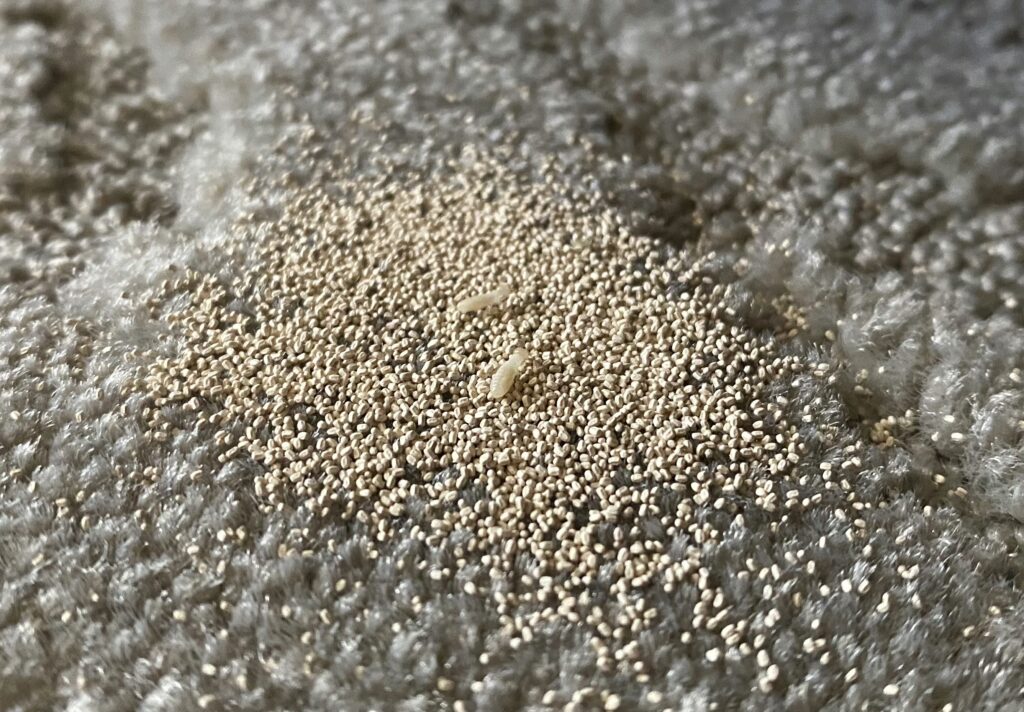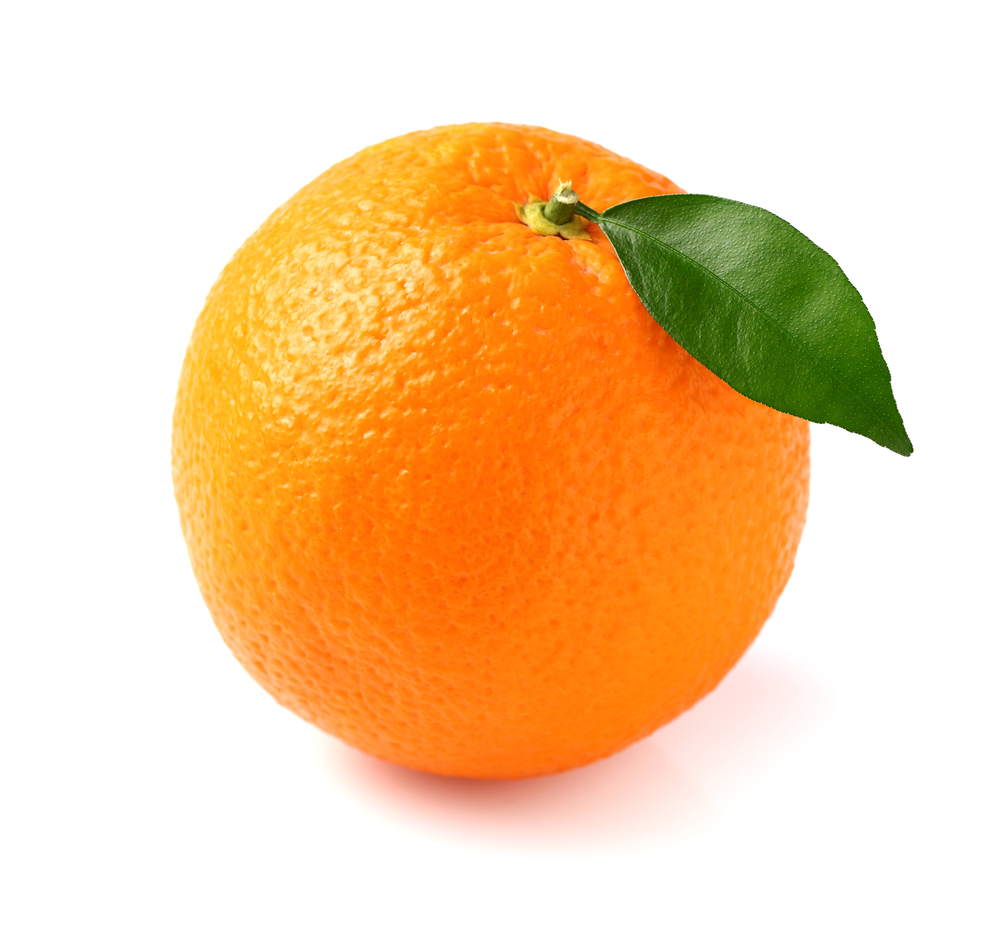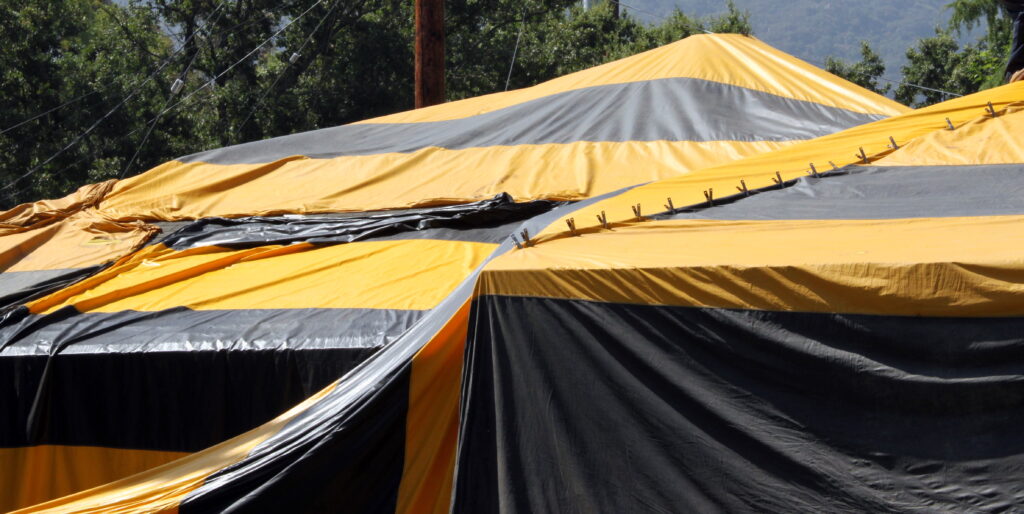When dealing with Drywood Termites in Honolulu do I choose Orange Oil Treatment or to tenting my entire home?
When dealing with drywood termites, there isn’t a “one and done” approach to solving the issue. There are so many factors that come into play when trying to figure out the best solution. For this reason, I highly recommend hiring a trained and licensed inspector to determine the extent of your termite infestations. Identifying the correct type of termites, where they are located, accessibility to the infested area, maturity of the colony, and extent of the infestation all come into play when determining which type of treatment is most effective.
Two Options for Drywood Termites: Orange Oil Treatment vs. Tent Fumigation
An Orange Oil Treatment is one option for controlling drywood termite infestations. Termite colonies will need to be accessible for the technician to treat it properly. This option isn’t necessarily considered a “replacement” for tenting, but can be a great alternative for those who may not be able to fumigate. Understanding the advantages and disadvantages of each service can help homeowners make educated decisions to fulfill their needs.
If you are considering treating your home for termites, find a termite professional who offers and explains multiple options. You want to have unbiased opinions to make sure the right treatment is used for your unique circumstance. No infestation is the same and no single treatment method can handle every type of termite infestation. Let’s go over some pros and cons for two types of methods, Orange Oil and Fumigation. (There are also other forms of spot treatments which will be discussed in other blogs. But, let’s focus on these two for now).
Orange Oil Treatment
Orange Oil products contain the active ingredient d−limonene. D−limonene is extracted from the rinds of oranges, and it’s the same chemical found in many household products. Due to d−limonene’s low toxicity, it has become increasingly popular and the preferred termite control method for many homeowners and industries. Orange oil is also used in the manufacturing of resins, cleaning compounds, and as a fragrance additive in many products.
An orange oil treatment for termites is localized spot application of each identified termite infestation and will only kill termites in the areas treated. Treatment with orange oil requires drilling into the infested wood members and injecting the product into the termite galleries. A unique property to an orange oil treatment in comparison to other spot treatments is that it will wick throughout the wood. This may allow a termite professional to be able to treat an otherwise inaccessible area for spot treatments by strategically injecting orange oil along the grain of the wood. It will travel within the pores and the grain of wood towards hard to reach areas.
Orange oil is an effective and immediate contact kill for drywood termites. However, there is little (a few days) to no residual so if the treatment doesn’t reach the entire colony, the remaining termites could potentially regroup and create a new colony in a nearby area. For this reason, ask about a warranty when looking into an orange oil treatment. This treatment is not effective against subterranean termite infestations.
Tent Fumigation
One of the greatest pros for tent fumigation is that this treatment is the only one that can guarantee complete drywood termite eradication of an entire structure at once, if it is done properly. Many homes in Hawaii are made with wood framing, and the interior could be covered by drywall, plaster, flooring, insulation and paint, while the exterior has roofing material, stucco and so on. These areas and wall voids generally are inaccessible for termite inspections without invasive and potentially destructive measures. This is where orange oil may be limited. An orange oil treatment can only be used in localized areas of identified termite galleries. The benefit of tenting is that fumigation with Vikane gas reaches all of these areas that can’t be accessed throughout the entire home. This gives peace of mind that you aren’t missing anything.
Termites spread by swarming (flying) and can land in the most secluded places in a structure to begin a new infestation. If you are unable to thoroughly inspect that area then you will have no knowledge of the need for treatment. Similar to orange oil, fumigation is typically geared for drywood termites. Subterranean termites can be the target using a higher rate of gas, however, most companies in Hawaii don’t warranty their fumigation against the ground termites for several reasons. (This will be further discussed in a future blog about ground termites).
For many people fumigation is the only way to go. However, there are many people who don’t want to deal with the headache of bagging their food, trimming their trees, and possibly risk damaging their roof or other solar panels that have been installed. These are very real concerns, and all come with a cost.
Advantages of Orange Oil for Termite Control:
- Don’t need to move out during the treatment (typically two days, one night).
- Plants will not be damaged or killed by the gas.
- Food and medicines don’t need to be bagged or removed from home.
- Eliminate the possibility of roof or solar panel damage.
Advantages of Fumigation for Termite Control:
- One time treatment to eliminate all colonies.
- Vikane gas reaches all areas of the home (including behind walls and in attics).
- No drill marks left in termite infested areas.
Call 808-236-BUGS(2847) to speak with our team of experienced, licensed professionals at Kilauea Pest Control. You can also visit our general termite treatment page.




